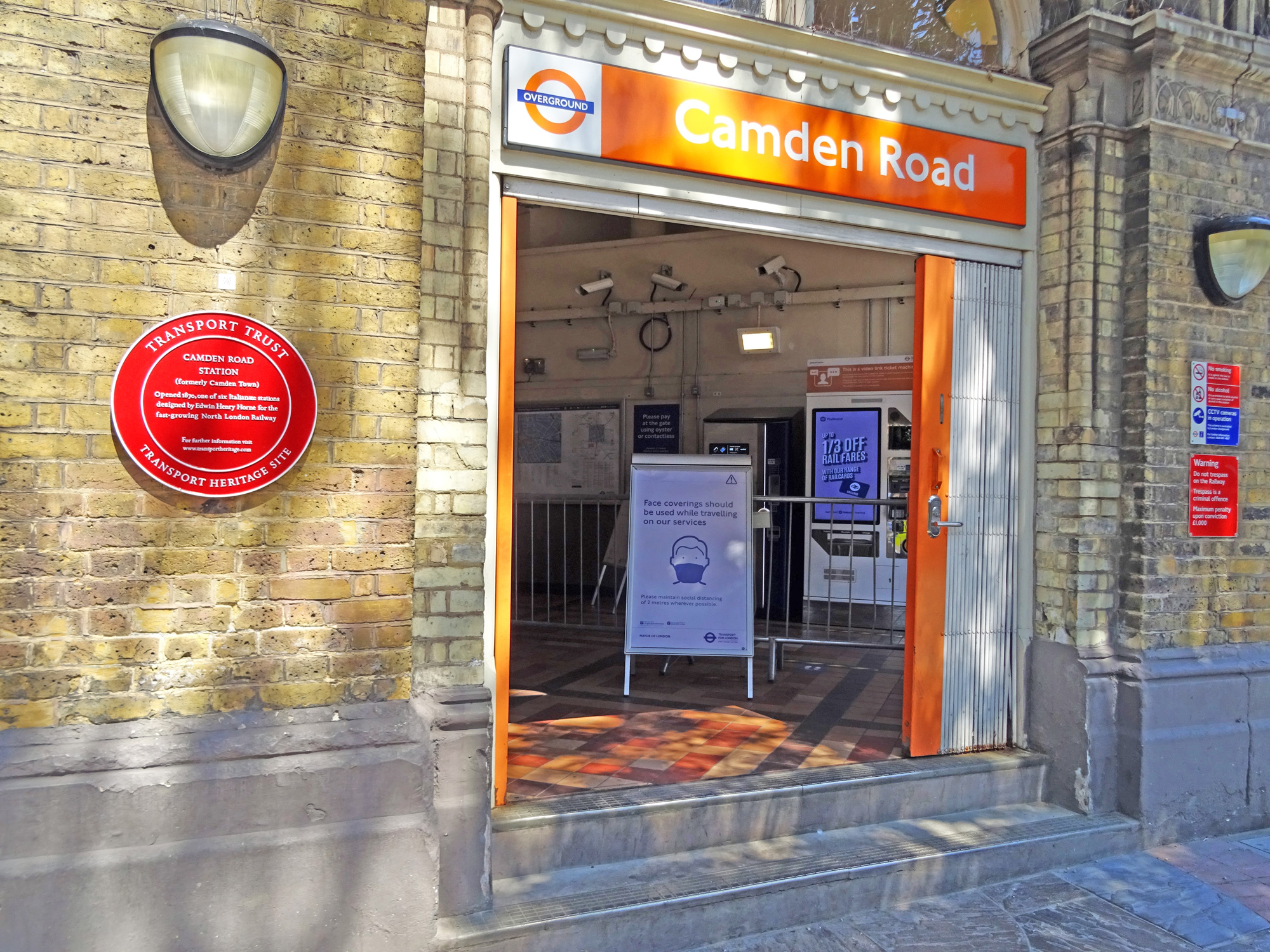


PC Adrian Young, 48, was responding to a disturbance at the station when he placed the teenage girl in a forceful headlock. According to evidence presented in court, Young maintained the headlock for approximately 30 seconds before pushing the girl against a ticket machine and placing his hand around her throat. CCTV footage of the incident was later used in the investigation, raising concerns about the proportionality and necessity of his actions.

The girl, who cannot be named for legal reasons, did not suffer lasting physical injury, but the court heard that the encounter left her shaken and distressed. The judge described Young’s conduct as “inappropriate and excessive,” noting that as a trained officer, he should have been able to manage the situation without resorting to such force.

Despite this, Young was spared a prison term. He was instead handed a 12-month community order, which includes 10 days of rehabilitation activities aimed at addressing his decision-making and professional conduct. He must also complete 150 hours of unpaid community work. The sentencing has prompted mixed reactions: while some argue that rehabilitation is an appropriate response for a first-time offender, others say the punishment does not reflect the seriousness of the incident.
Young remains suspended from duty while the Metropolitan Police continues internal misconduct proceedings. A spokesperson for the force stated that the incident “does not align with the professional standards expected of serving officers” and confirmed that a full review is underway.
Civil liberties advocates and youth justice organisations have criticised the outcome, expressing concern that officers are not being held sufficiently accountable in cases involving minors. The incident has renewed calls for improved training on de-escalation and the handling of vulnerable individuals, particularly children.
As scrutiny intensifies, the case serves as another flashpoint in ongoing discussions about police accountability, public trust, and the safeguards protecting young people in encounters with law enforcement.